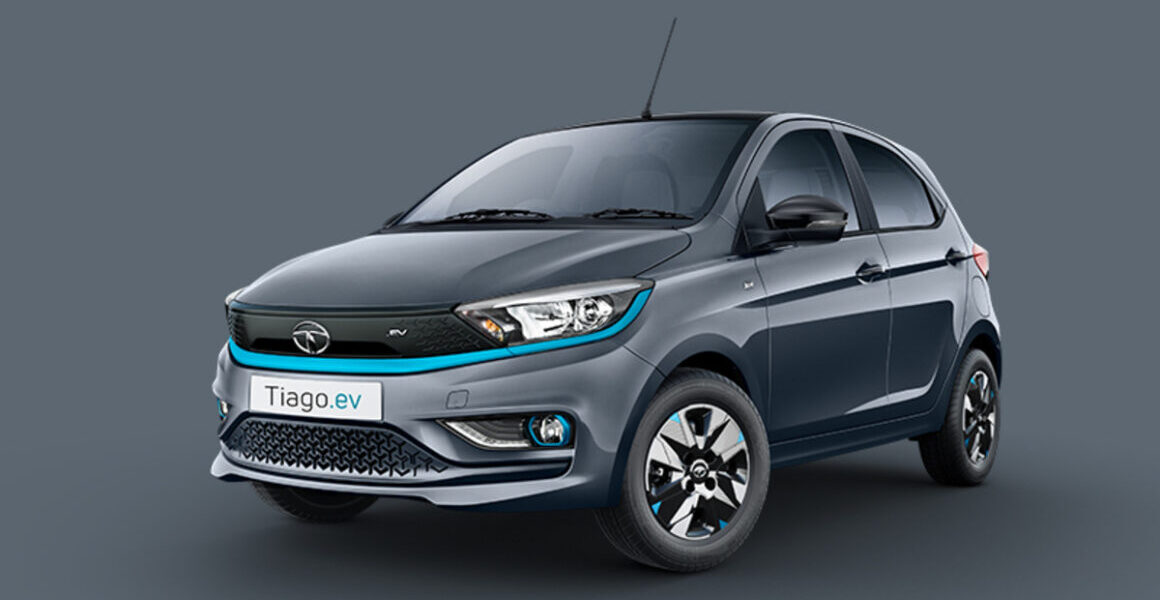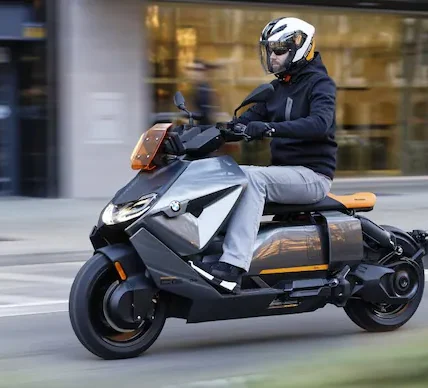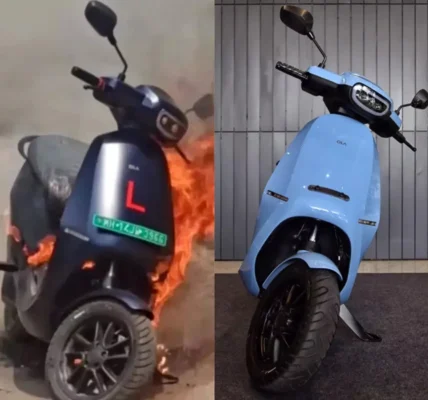By selling 34,000 electric vehicles during the first half of 2023, Tata Motors captured a 72 per cent share in India’s electric vehicle (EV) market, data released by Canalys showed.
The contributors to this included high sales numbers of Tiago, Nexon and Tigor models. Tata has already announced its plans to introduce four more EVs by 2024. According to the data, Tata Motors is followed by MG Motor with a share of 10.8 per cent and Mahindra at 9 per cent.
Tiago was the highest-selling EV car in India, followed by Nexon and Tigor. Mahindra XUV400 and MG ZS were the other two in the top five.
The data also revealed that the sales of EVs in India jumped 137 per cent to 48,000 units in HICY23 as compared to H1CY22. EVs currently occupy 2.4 per cent of the Indian market.
“Continuing its momentum from 2022, the Indian EV market grew significantly in H1CY23. There is now a good choice of inexpensive and premium EVs, providing an inclusivity-driven expansion during the first half of the year to potential customers,” said Ashwin Amberkar, an analyst at Canalys.
“Affordable, feature-loaded EVs are attracting budget-conscious buyers and it has widened the market’s reach across various economic classes this year. Premium EVs with a longer range and features including advanced connectivity, upgradable infotainment and ADAS technology have proved popular with tech-savvy eco-conscious professionals.”
According to Canalys, MG Motors surpassed 10 per cent market share, largely due to the success of the MG ZS and MG Comet (also known as the MG Air), which gained traction in selected markets.
During the period, Mahindra presented a direct challenge to Tata with its XUV 400, securing a substantial 9 per cent market share. Similarly, Citroen’s eC3 EV achieved a 3.5 per cent market share, reflecting a positive market response to more affordable compact EVs.
Hyundai launched its second EV, the Ioniq 5, sharing the platform with the Kia EV6. The automaker also announced that it will launch five EV models in India by 2032.
Maruti Suzuki, India’s leading car manufacturer, said it will launch its first EV in 2024 and plans to launch six more models by 2030.
“Maruti is late with EVs, but its scale and ambition give it the potential to dramatically expand the size of the Indian EV market,” Canalys said.
“Despite increased competition in 2023, Canalys expects Tata to continue to dominate the market, with the Tiago remaining the most affordable EV in the market,” Amberkar said. “More deliveries will continue in H2CY23, with the potential to increase the market share of EVs to over 3.5 per cent.”






